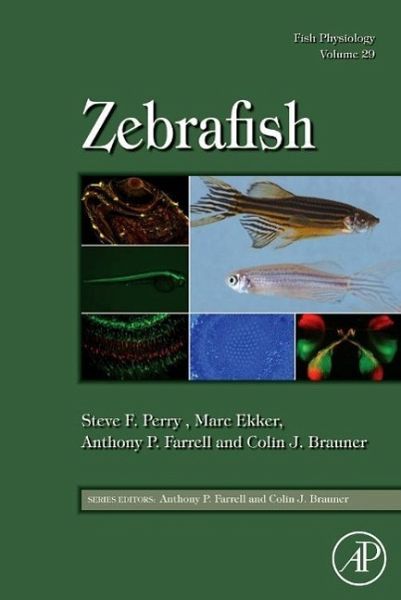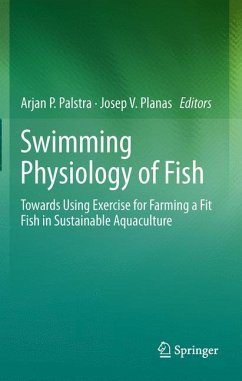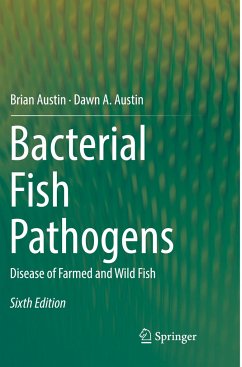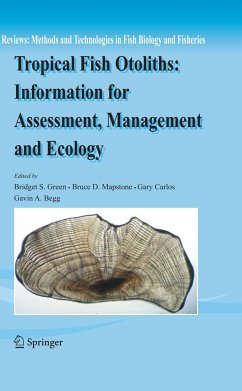
Fish Physiology: Zebrafish
Volume 29
Herausgegeben: Perry, Steve F.; Ekker, Marc; Farrell, Anthony; Brauner, Colin

PAYBACK Punkte
45 °P sammeln!
Physiologists and other integrative biologists have embraced the zebrafish as a powerful model organism to study research topics as diverse as cardio-respiratory function, neurobiology, toxicology and even human disease. This volume, aptly titled Zebrafish, is the first comprehensive compilation of chapters outlining the physiology of this extensively studied and fascinating animal. Zebrafish will serve as a one-stop resource not only for traditional fish physiologists but also for biomedical researchers, toxicologists and developmental biologists. The subject areas covered in this volume, including endocrinology, respiration, cardiovascular function, ionic and acid-base regulation, neurobiology, hearing, and vision, represent key domains of modern physiological research. In addition to chapters on fundamental physiological systems, this book will summarize the tools used to study zebrafish physiology and the applicability of zebrafish for studies of human disease and aquatic toxicology. This authoritative review, which represents the contributions of the worlds leading researchers, is destined to emerge as the single most important resource for students and researchers seeking information on zebrafish.
This cutting-edge resource includes up-to-date information on zebrafish physiology and the tools used to study it, not only as a model species for studies of other vertebrates but with application for studies of human disease and aquatic toxicology. The utility of zebrafish for physiological research is based on several key features including i) a "fully" sequenced genome, ii) rapid (~3 month) generation times), iii) their capacity to produce large numbers of externally fertilized eggs, iv) optical transparency of embryos and larvae, and v) the applicability of reverse and forward genetics to assess gene function. Gene knockdown in embryos and the production of transgenic strains are now standard techniques being used to assess physiology. This book will be of keen interest not only to the typical readers of Fish Physiology but also to biomedical researchers, toxicologists and developmental biologists.













